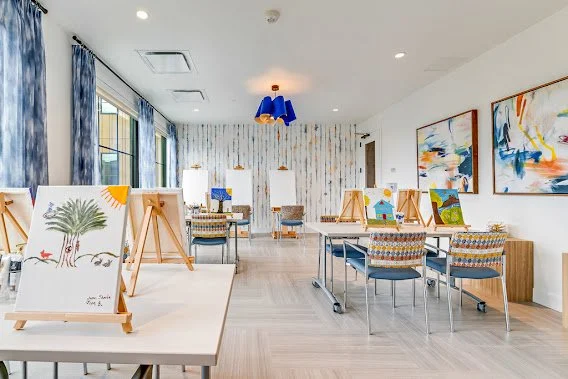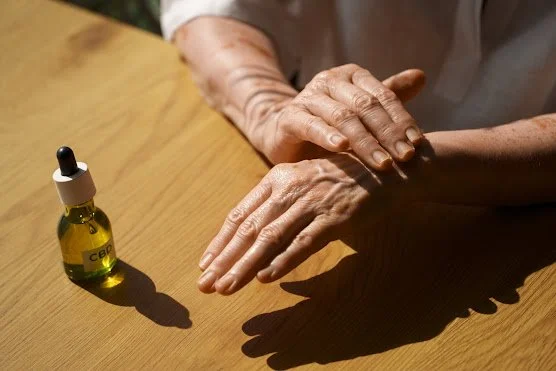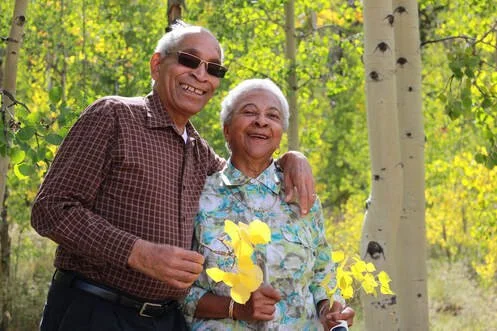The Joys of Creative Writing and Storytelling
Stories live in everyone. They show up in memories, family sayings, favorite jokes, and the way people describe important moments. Retirement can be an especially rich time to explore creative writing and storytelling, because there is more space to reflect and turn experiences into something that can be shared. In senior housing putting words on paper, or speaking them aloud, can bring comfort, connection, and a renewed sense of purpose.
Why Storytelling Matters in Later Life
Telling a story is more than reporting facts. It is a way to:
• Make sense of past experiences
• Pass on lessons and traditions
• Celebrate joys and acknowledge hardships
• Leave a record for children and grandchildren
Creative writing lets seniors shape their own narratives, choosing what to highlight and how to frame it. That kind of authorship can feel powerful at any age.
Simple Ways to Begin Writing
Starting does not require fancy notebooks or perfect grammar. Gentle, approachable prompts can help the words start to flow:
• Describe a favorite childhood place and what made it special
• Write about a time something unexpected turned out well
• Capture one cherished holiday memory in as much detail as possible
Short pieces are fine. A paragraph here and there can grow into a collection over time. In group settings such as senior living fort collins, writing circles often begin with a shared prompt and a few minutes of quiet, followed by optional reading for those who want to share.
Exploring Different Forms of Creative Writing
Seniors can experiment with many forms, choosing what feels comfortable and enjoyable:
• Memoirs that focus on specific life chapters
• Short stories that blend imagination with real life details
• Poetry that plays with rhythm and emotion
• Letters to younger generations, even if they are never sent
Trying various styles can keep the process fresh and reveal hidden talents or preferences.
The Social Side of Storytelling
Writing does not have to be a solitary activity. Sharing stories aloud often deepens their impact. Reading a piece to a friend, family member, or small group can:
• Spark meaningful conversations
• Help others see familiar events from a new angle
• Strengthen bonds within families and communities
Storytelling gatherings, whether formal or informal, give everyone a chance to listen, laugh, and sometimes shed a few healing tears together.
Benefits for Mind and Mood
Creative writing and storytelling support emotional and cognitive health. They can:
• Stimulate memory by encouraging recall of names, places, and sequences
• Practice focus and attention while organizing thoughts
• Offer a safe outlet for grief, worry, or unresolved feelings
• Bring a sense of accomplishment when a piece is finished
These activities can be tailored to different ability levels, making them accessible even when physical limitations or energy levels change.
Turning Daily Life into Stories
Not every story has to be about big events. Everyday experiences also hold meaning. Seniors can write about:
• A favorite meal and who used to make it
• A funny misunderstanding that still brings a smile
• What a typical day looks like now and how it compares to earlier years
Small details often become the most precious memories for future generations.
Creating a Legacy Through Words
Over time, pages fill up, and a personal archive begins to form. Collections of short pieces, poems, or stories can be gathered into simple booklets or digital documents. Families in communities like senior apartments fort collins often treasure these writings as keepsakes, returning to them long after the writer is gone.
Creative writing and storytelling welcome seniors into a role they have earned through a lifetime of experience: that of storyteller, teacher, and witness. With a pen, keyboard, or simply a listening ear nearby, they can continue to shape and share the stories that define who they are and what they value.










